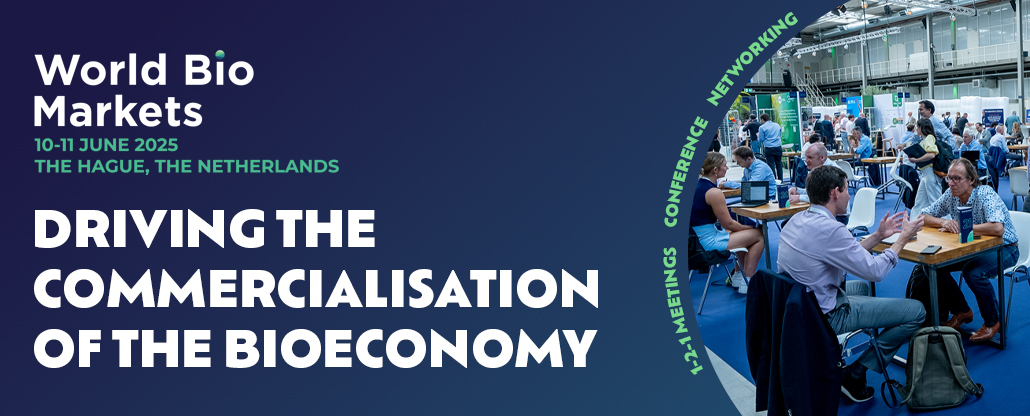Mermade Seafoods has a unique circular cellular agriculture technology approach for producing cultivated scallops, disrupting the $8 billion global scallops market.
The Israeli company was founded in July 2021 by CEO Daniel Einhorn, CTO Dr. Rotem Kadir and COO Dr. Tomer Halevy. Mermade Seafoods’ technology is meant to streamline production and provide a tasty scallop, which will be the company’s first product, that is less expensive than alternative proteins currently available.
Einhorn explains that cell-cultured foods express a biowaste that it is typically discarded. Mermade Seafoods’ differentiator is using that biowaste, made of water, ammonia and carbon dioxide, to feed algae. That algae is then used as the growth media to feed the cells. The company is calling this interpretation of aquaponics “cytoponics,” and it has filed several related patent applications.
This recycling method also cuts down on the cost of the cultivated cell manufacturing, which is heavily reliant upon expensive growth media. This is partly why cultivated meat is difficult to scale, Einhorn added.
The seafood market as a whole is expected to reach $193.9 billion by 2027, with another report saying “scallops are one of the most heavily traded and widely consumed seafood in the world and the vast majority of production comes from aquaculture.” In 2018, the global scallop aquaculture market had been valued at over $5.8 billion “with farms producing nearly three times the biomass as the entirety of the wild harvest.”
Other cultivated seafood companies like Bluu Seafood, Wildtype, CellMeat, Plantish and BlueNalu are working to create alternative protein sources. Behind chicken and beef, alternative seafood only represents about 0.1% of the total U.S. seafood retail market, according to a Good Food Institute report. Collectively, 15 startups in this area raised $175 million in 2021, which was double the amount raised in 2020, GFI reported.
Mermade Seafoods is among the latest to get funding, raising $3.3 million in seed funding in June from a group that includes OurCrowd, Fall Line and Sake Bosch. The investment will enable the company to employ more stem cell and algae researchers in order to develop its product and reach laboratory-scale production by 2023, Einhorn said.
He says being commercially ready is still a tough question to answer, though the company is planning for five years out. “Getting to that lab scale production, we’re talking about a few tenths of a unit, and we want to get that there by 2023,” Einhorn added. “We want to drive the cost of scallops down, and we’re looking for a very significant decrease in cost in this round.”





